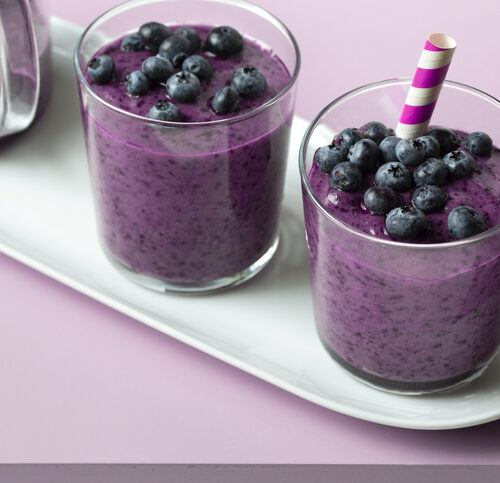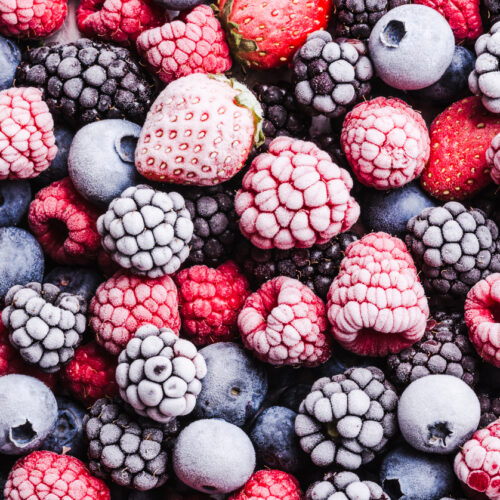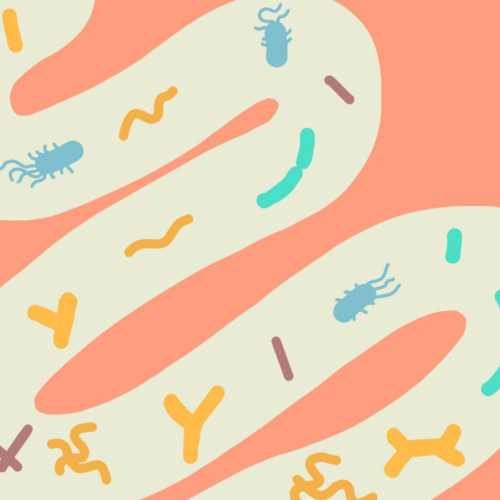
Q: "I've been hearing a lot about eating raw nuts as a snack food. Can you tell me more about the health benefits and how it is a few nuts can fill you up for a long time?"
RobynA: Nutritionist Bronwen King responds:
"Raw nuts are an excellent food, as a snack or part of a meal. This is because nutritionally they are packed with goodness. They are rich in protein, high in heart-friendly fats (with the exception of chestnuts), low in saturated fat and a good source of dietary fibre. As well they have a wide range of other essential nutrients including B group vitamins, vitamin E, iron, zinc, potassium and magnesium, plus plant sterols and antioxidants. Because nuts come from a variety of species, each nut has its own nutritional advantage. Brazil nuts provide large quantities of selenium – in fact, just one brazil nut can provide you with all the selenium you need in a day, while almonds are a valuable source of calcium. Pistachios provide plant sterols (help prevent cholesterol absorption), while walnuts are a rich source of omega-3 fatty acids. As with food in general, the advice is to eat a variety of nuts; this way you will obtain the wide range of nutrients they contain.
Why are nuts so good for us? Firstly, they are excellent for heart health. Studies show that consumption of about 25–50g of nuts a day (a small handful – quarter or a cup of mixed nuts is 38g) provides a similar level of protection against heart disease as that provided by cholesterol-lowering drugs. It also appears that nuts are protective against diabetes as the high levels of unsaturated fats appear to help insulin sensitivity.
Because nuts are a concentrated source of protein, fats and fibre, they are slow to digest and very filling; for this reason they appear to help people maintain a healthy weight rather than contributing to overweight. The important thing, however, is to watch quantity; stick to the recommended 25-50g portion size per day (you can eat more if you are underweight or not gaining weight) and eat instead of other less healthy foods such as biscuits, muffins or potato crisps (not in addition.) Another word of caution is to avoid salted varieties – New Zealanders already consume too much salt."
www.healthyfood.com










